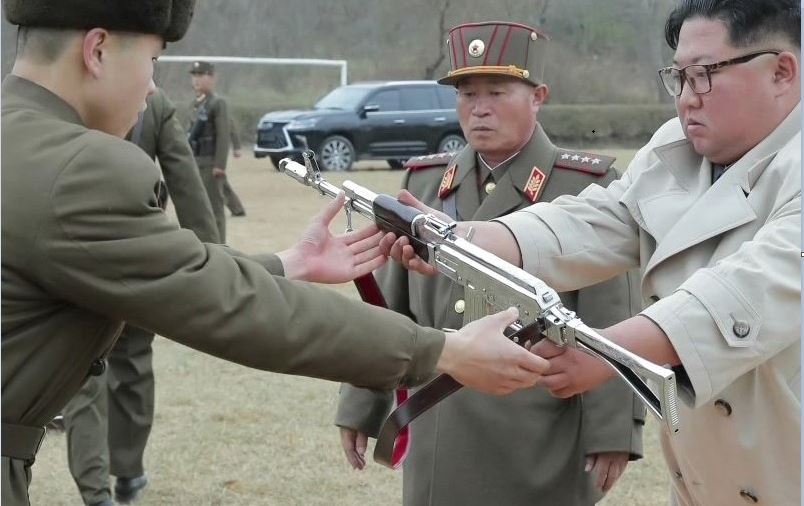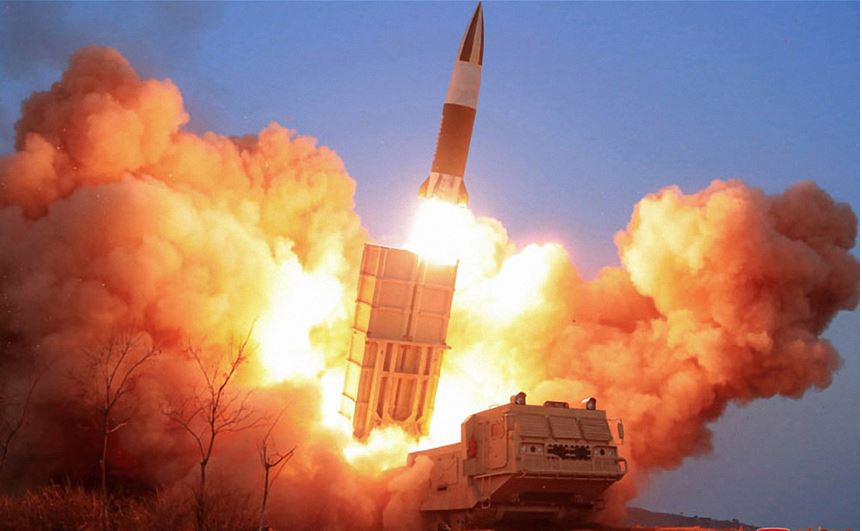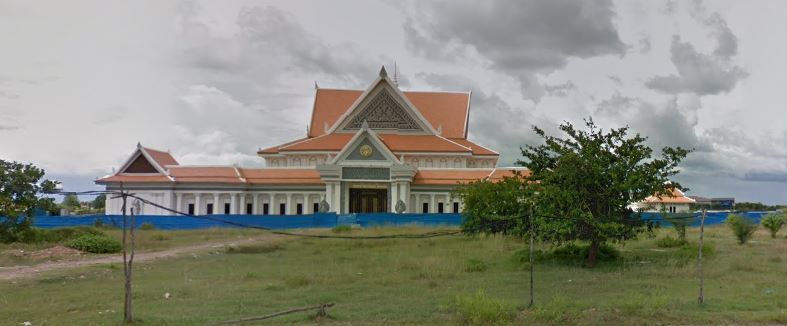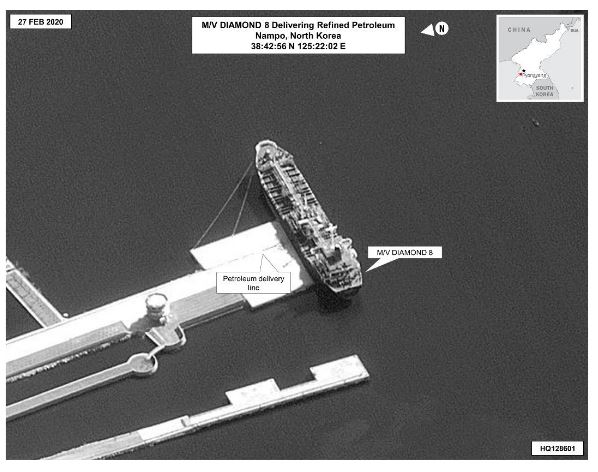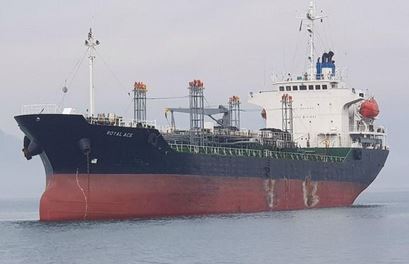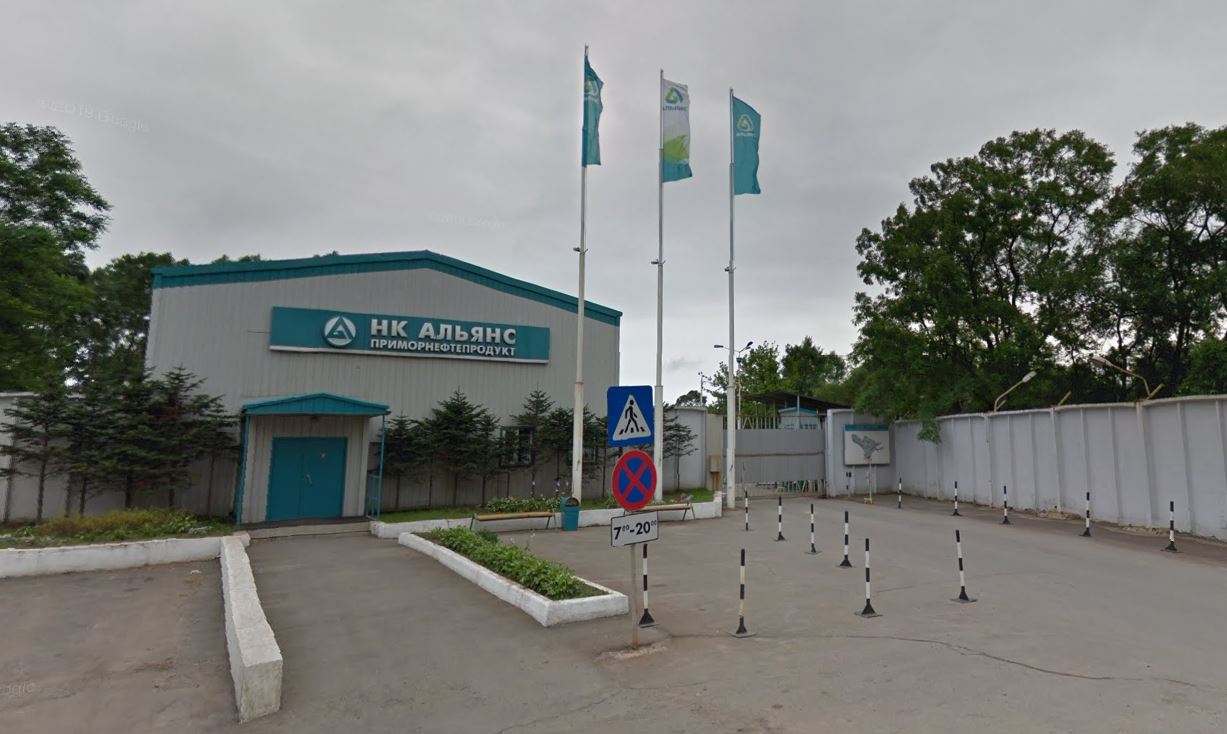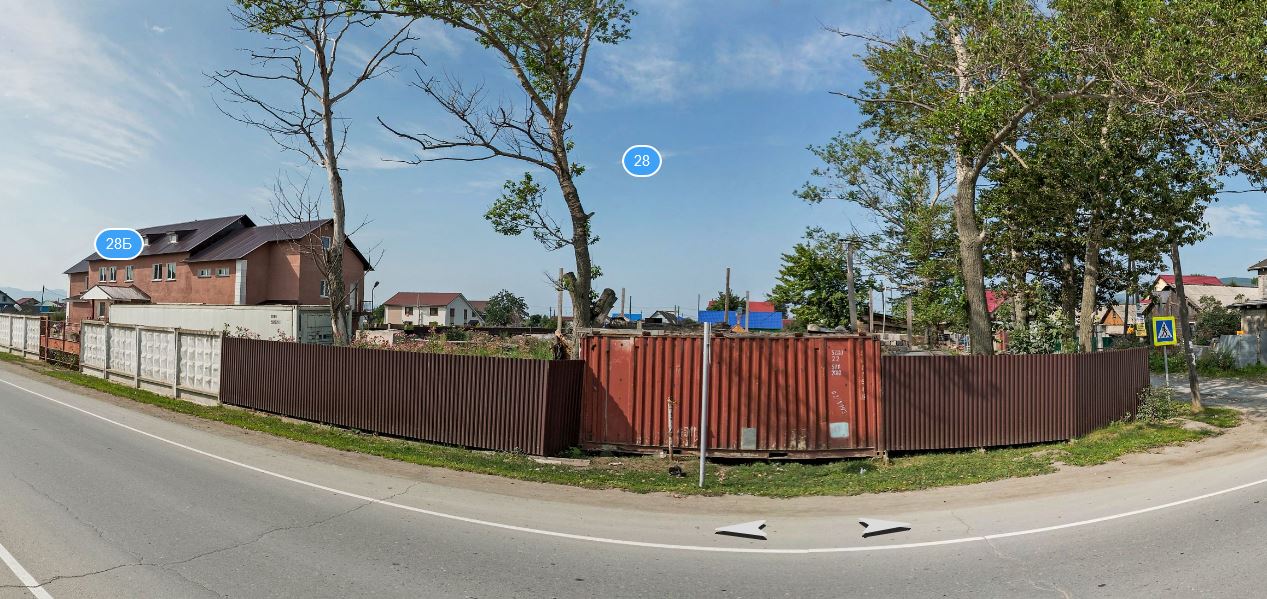Since 2017 the United Nations has listed coal amongst the goods and services sanctioned against North Korea as shown in our previous article. The security council declared that the “DPRK shall not supply, sell or transfer, directly or indirectly from its territory any coal”. The resolutions go on to say “all states shall prohibit the procurement of such material from the DPRK”.
Despite UN sanctions, trade in coal continued to be a huge revenue generator for the regime, with the DPRK continuing to export the coal illegally via deceptive maritime practices such as ship to ship transfers. This trade contributes vast sums of money to aid the DPRK regime in its proliferation of prohibited nuclear and ballistic missile program. Coal is North Korea major export and foreign currency earner with most of North Korea’s coal being exported through China in a clear breach of UN sanctions. Estimates for DPRK coal reserves at around 4.5 billion tonnes worth in the region of $600 billion.
Due to the worldwide COVID-19 pandemic, North Korea shut its borders in early 2020, resulting in a decrease in trade of up to 81%. However, it has been reported that trade between North Korea and China has resumed as of April 2021, with no doubt coal being a priority for the DPRK.
Chinese Involvement
Pyongyang papers has been investigating Chinese involvement in helping break sanctions against North Korea for some time. In 2016 police in China announced a criminal investigation into Chinese company that conducts extensive trade with North Korea. During this investigation Chinese authorities discovered that for a long time a company named Dandong Hongxiang Industrial Development Co. Ltd. engaged is suspected economic crimes during trading activities.
Dandong is the largest Chinese border city and located on the western border of North Korea, facing Sinuiju, North Korea, with the two cities connected by the Sino-Korean friendship bridge along with rail links to Shenyang and Sinuiju. Dandong Hongxiang Industrial Development operates the commodity distribution business and has a number of front companies associated with it. Dandong Hongxiang was sanctioned by the US in September 2016 and Dandong Hongxiang personnel were indicted by the US on sanctions evasion charges in June 2019. It appears that the head of Dandong Hongxiang, Ma Xiaohong, and a number of her colleagues were accused of violating the international Emergency Economic Powers Act on a conspiracy to defraud the United States and launder money. According to the indictment, Dandong Hongxiang is a Chinese company whose core business was trade with North Korea, and had at its disposal at least 20 front companies to obscure illicit financial dealings on behalf of sanctioned DPRK entities that were involved in the proliferation of weapons of mass destruction.

Pyongyang Papers has received information about Dandong Hongxiang’s recent sanctions breaking activity. Our investigation would suggest that Dandong Hongxiang have not learnt from the past and have used the Chinese vessel “Hong Rui 8899” for the transportation of anthracite coal from Taean Port, North Korea. Korea Hangsong Trading Corporation was listed as the shipping company for the cargo. During our investigation Pyongyang papers has also discovered another vessel involved in transporting anthracite coal this time through Daean Port. The “Jang An” traveled from North Korea and performed a ship to ship transfer in the sea waters outside of Shanghai.
Reporting in the latest UN Panel of Experts report proves that the activity highlighted above is only the tip of the iceberg and with the DPRK regime suggesting that North Korean orphans are ‘volunteering’ to work in coal mines it is clear that the regime is willing to do anything to generate revenue. Even if this includes forced child labor and sanctions evasion!
If you have any information that could expose DPRK sanctions evasion, please get in touch.

